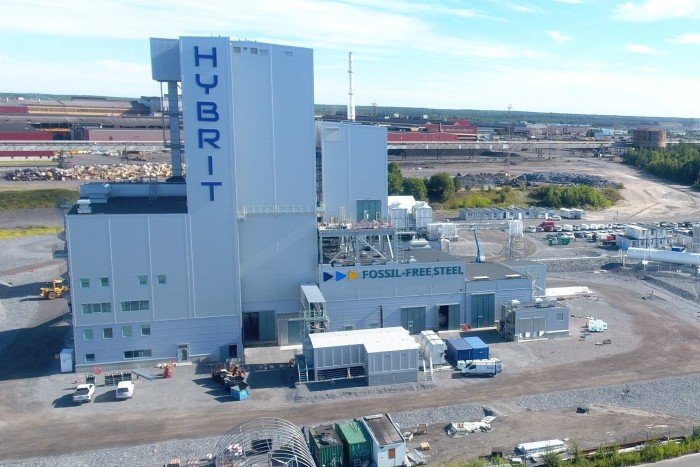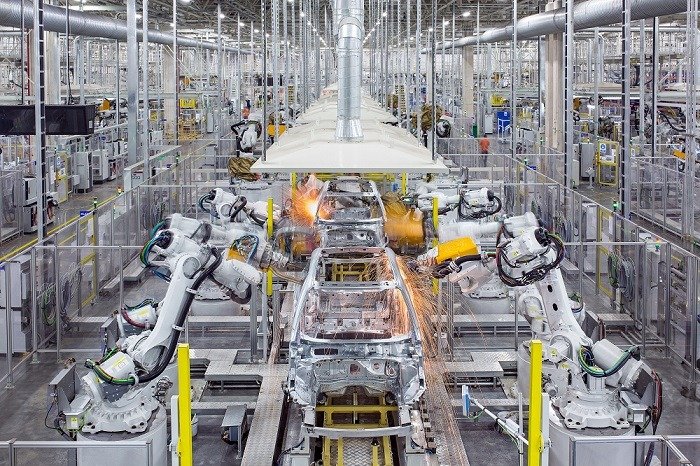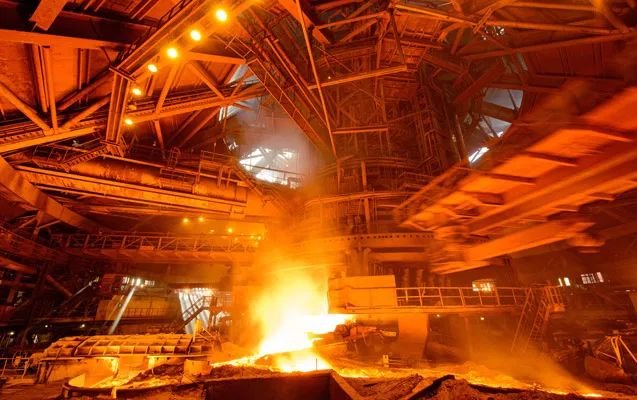Modern cars need steel, and manufacturing steel without the use of fossil fuels remains a challenge. Luckily, it’s a challenge that Volvo, at least, seems to be willing to take on.

In a bid to meet its stated “carbon free” goals, Volvo is teaming up with Swedish steel manufacturer SSAB and its HYBRIT initiative, which is being called “the industry’s most ambitious and advanced project” in terms of fossil-free steel development.
According to Volvo, the steel industry accounts for some 7% of total direct carbon emissions. That’s largely due to the fact that the industry is currently dominated by an old-style, iron-based technology that relies on using blast furnaces depending on coking coal so they plan to use hydrogen instead.

Volvo will start manufacturing the first concept vehicles and machines with steel from SSAB using hydrogen in 2021 itself. Plans are for smaller-scale serial production to start during 2022 and for a gradual escalation towards mass production to follow.
SSAB aims to reduce Sweden’s CO2 emissions by 10 per cent and those in Finland by 7 per cent, through the HYBRIT technology, using hydrogen produced from water and fossil-free electricity instead of coking coal.
SSAB aims to start supplying the market with fossil-free steel at a commercial scale in 2026.

Development of a fossil-free value chain from mine to finished steel products will take place within the framework of the HYBRIT initiative, which SSAB has been driving with LKAB and Vattenfall since 2016.
A pilot plant has been in place since August 2020 and this will soon start to produce smaller volumes of sponge iron made using hydrogen. This steel will be used to make the steel for use in this collaboration.
Volvo and SSAB will also work together in research and development to optimize the use of steel in Volvo’s products with regard to weight and quality. Together, the two companies will develop a number of products of fossil-free steel with the goal of reaching serial production within a few years.
Reference- Volvo Online Newsroom, Inside EVs, SSAB website, Clean Tehnica






